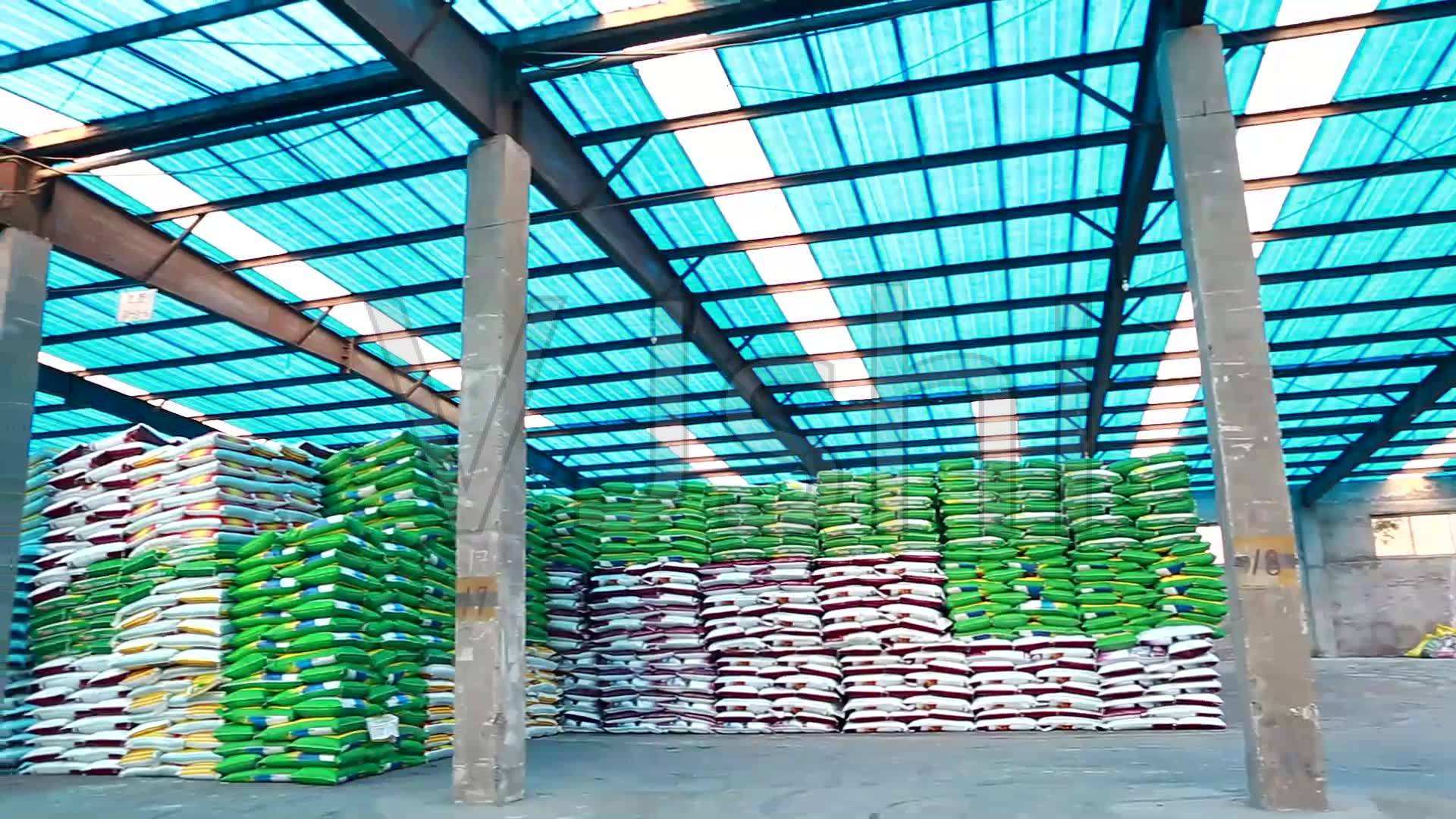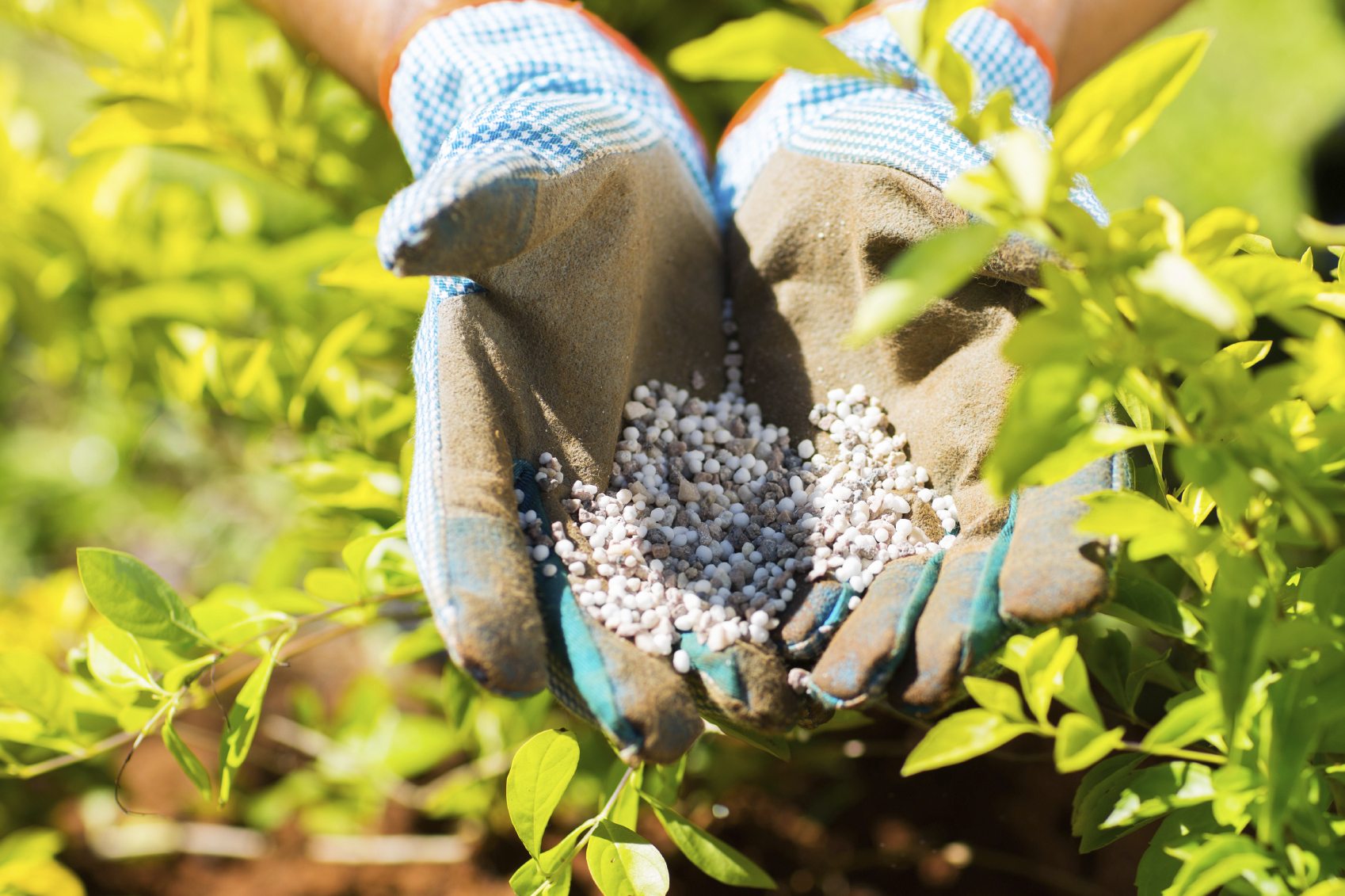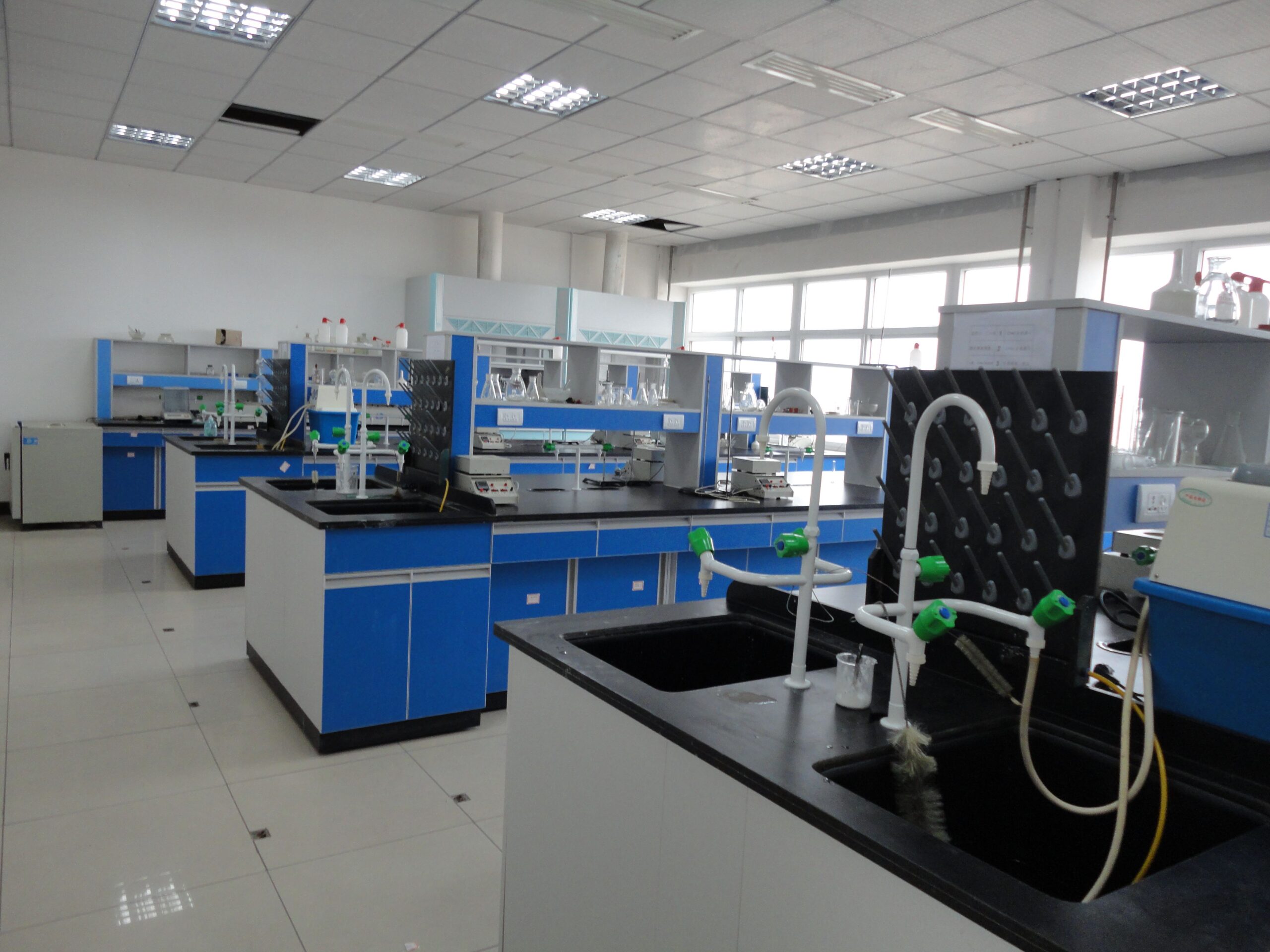Introduction
In the year 2024, the top world fertiliser companies will continue to play an important role in the world’s agriculture. First, they are important because of their huge production capacity and their immense influence on food security and agricultural sustainability. Fertiliser industry all over the world is one of the major contributors of the world’s increasing food demand, which is predicted to reach almost 8 billion in 2036.
Their rankings are based on market size, product innovation, sustainability and their role in global agriculture. ‘The top fertiliser firms drive the economic and ecological dynamics of our planet,’ says Simon Hayes, an agricultural economist at the University of British Colombia. ‘So understanding their operations and their ethics is fundamental to future agricultural policy interventions.
This essay provides an overview before focusing on these industrial mega-corporations, their strategies and the technologies that explain how they keep global agricultural productivity (fluctuating yields) stable.
The Leaders in Fertilizer Production
In 2024, the world’s major fertiliser companies still wield a significant influence over the agricultural scene not just through the broad geographic extent of their actions but also through their ingenuity and strategic operational methods. Through the chemical technologies developed in their labs and the agronomic principles guiding the field operations of their farmer clients, they continue to act as important factors in enabling agrifood globalisation, altering the economy and food security of the globe for better or worse.
Global Leaders and Their Market Influence
Some of the largest fertilizer companies in the world are in the top 10. These firms do business on enormous economies of scale, with proprietary equipment, networks of supply, and precise logistic mechanisms that allow them to reach markets around the world with maximum efficiency. Yara International is the world’s largest. It is headquartered in Oslo (with major production operations in Norway, Brazil, and Puerto Rico) and has production and distribution facilities in 15 other countries. PotashCorp is focused on potash products, while CF Industries is concentrated in phosphates. These three private, for-profit firms together produce close to half of the world’s supply of the three main synthetic fertiliser nutrients.
Key Products and Regional Operations
They range from nitrogen-based fertilisers to potash and phosphate: nutrients that help crops to grow properly, providing the fuel to better produce outputs. Yara, for example, is celebrated for its applications of fertiliser nutrients as nitrogen on smaller plots of land, reducing the environmental impact, while Potash Corp cultivates potash fertiliser for larger fields around North America and the world.
SHANDONG LOYAL CHEMICAL CO., LTD’s Market Presence
SHANDONG LOYAL CHEMICAL CO., LTD has gained ground and become one of the dominant competitive manufacturer, especially in Asia market, which provide high technological production and professional long-distance distribution. This company build a business economy with fair prices to western multinational enterprises, and create a custom fertiliser model to serve local agriculture production.
Their pressures to innovate keep them on the cutting edge of large packages and capital costs for fertilising the world’s varied agricultural landscapes. By concentrating production and moving it closer to the consumer, they increase their market shares and ensure that agricultural inputs reach the farmer on time to be used productively.

Spotlight on SHANDONG LOYAL CHEMICAL CO., LTD
SHANDONG LOYAL CHEMICAL CO., LTD
Shandong Loyal Chemical is one of the world’s top fertiliser enterprises. Also known as Zibo NOVA Loyal Chemical Co., LTD, the company was the first in China to industrialize and utilize monoammonium phosphate granulation technology, currently the most advanced fertiliser kind. Over the years, Shandong Loyal Chemical always ensures the pursuit of promising innovation and sustainable development in the industry of fertilisers. While engaged in an active market of world agriculture, the China-based company also delivers its products to 107 countries and regions around the globe.
Contributions to the Global Market
SHANDONG LOYAL CHEMICAL CO., LTD (LCC) has established a leading position in supplying efficient fertilizers to the farmers through its highly specialized business modes. LCC filters the fertilizer market with high quality and environmentally friendly fertilizers while focusing on research and development so as to supply the farmers with much more efficient fertilizers including those strengthening soil health and boost cr pot yield against the diminishing environmental foot-print.
Innovative Practices and Sustainability Efforts
SHANDONG LOYAL cooperates with technicians to offer a green approach to farming. It uses the most advanced methods to minimise the emission of gases and the production of trash from its manufacturing processes. More importantly, its products are designed to increase nutrient uptake of plants and reduce runoff, which will help maintain local waterways and lead to cleaner ecosystems.
According to Dr Angela Hart, a geographer at the University of Illinois, who focuses on sustainability in agriculture, SHANDONG LOYAL has set an example: By integrating ecofriendly technologies into their production streams, SHANDONG LOYAL is paving the way for others in the industry. They are not manufacturing fertilisers: they are part of a global transition to more sustainable agriculture.
Impact on Agriculture Sector
This improvement of soil health and crop nutrition support the national and global contribution of sustainable agriculture to environmental protection, food security and other sustainable development goals.
Through appropriation, SHANDONG LOYAL expands its Iron Age legacy and implements innovative twenty-first century strategies – saving land and stimulating economic growth, while committing to the best interests of our planet. SHANDONG LOYAL’s success in business intersects with a positive example for the morality of the corporate world.
Technological Innovations in Fertilizer Manufacturing
So, the leader of world fertilizer companies, such as SHANDONG LOYAL CHEMICAL CO.,LTD, are always pioneering on innovating the next technologies for various aspects of their industries. we chose this three words because we feel they are not only availiable but also revolutionary.
Advanced Chemical Formulations
Marketers are developing sophisticated chemical blends, containing surfactants and binders, to maximise nutrient uptake by plants while minimising leaching and runoff – a problematic outcome for watersheds. Many formulations incorporate slow-release compounds that make nutrients available over time, and so can be applied at much lower rates with better efficacy.
Precision Agriculture Technologies
Social transformations are also crucial. For instance, precision agriculture technologies (which rely on GPS, drones and IoT sensors) will increasingly help to transform fertiliser application by precisely doting nutrients on fields so as to better match the needs of the plants and avoid wasted fertilisers.
Automation and AI in Production
Automation and AI are also deployed to improve key processing steps. Automated blending plants check the correct ratios of key nutrients and work with AI algorithms that predict the optimal timing for applying a particular fertiliser as a function of the time of the year, weather patterns and soil types.
Sustainability Through Innovation
Consumption of complementary and bio-based or organic fertilisers is growing strongly. Many of these products, often developed via sophisticated biotechnological processes, substitute manure and even agrochemical fertilisers. These reduce the ecological footprint of agricultural production, improve soils, and increase biodiversity.
‘With the integration of these game-changing technologies,’ says Marcus Yi, a specialist in agricultural technology, ‘fertiliser companies not only improve productivity but can shape agriculture into a more environmentally sustainable industry for the next generation.
These technological breakthroughs illustrate the way in which leading fertiliser companies are continuing to push the entire world industry to higher levels of performance, enabling agriculture to thrive and the planet to prosper.

Sustainability Initiatives
Sustainability is now central to the strategies of the world’s leading fertiliser companies in delivering economic growth and is underpinned by the companies’ ongoing commitment to environmental stewardship and social progress in the communities where they operate.
Corporate Responsibility and Environmental Stewardship
Recognising the importance of sustainability for longevity, fertilizer leaders have started investing in a series of measures, from reducing greenhouse gas emissions in the production of their products, to water conservation and use renewable energy, mitigating the impact of their activities and contributing positively to global climate change efforts.
Implementing Circular Economy Principles
Pioneering efforts by large fertiliser companies to recycle side-stream products and waste products into new fertiliser products or energy means a reduction in waste, waste generation and need for primary raw material, all while decreasing the overall environmental footprint of the industry. Shandong Loyal Chemical Co., Ltd’, for example, is using technology to convert waste into biofertiliser and energy that can be used to power their processes, or to sell for the generation of an additional revenue stream.
Community Engagement and Support
Yet, equally important to these green deeds are social actions, furthering agricultural communities around the world by educating them in sustainable farming, granting scholarships, and funding local development initiatives. The community-focused approach bolsters the living standards of people in these communities, and ultimately helps the companies protect the long-term viability of their business, which hinges on a healthier, more sustainable environment for farming.
Collaboration with Global Sustainability Initiatives
Third, they enter into partnerships with international environmental and agricultural organisations to help set the bar for industry sustainability efforts and to create models that others can follow. These partnerships, including with the United Nations Food and Agriculture Organization (FAO) and a number of non-governmental organisations (NGOs), tilt company sustainability efforts into global goals and strategies.
We have also witnessed how deeply engaged these fertiliser giants are in sustainability. They are thinking not only about the bottom line, but also about the ecological and social responsibilities of the organisation. As they improve and scale up their innovations, they not only lead the fertiliser industry but also become important actors in sustainable global development.
Conclusion
Now we have seen, the biggest fertilizer companies in the world by 2024 are the global leaders to set the industry standards for the greener, cleaner and sustainable future of agriculture, setting trends for productivity, growth and expertise.
The work of companies such as SHANDONG LOYAL CHEMICAL CO., LTD is far more important than its innovations in producing plants and chemicals; In this sense, leaders in natural and organic technologies help to decentralise investment and potentially democratise innovation: any individual or type of agriculture suddenly has new avenues of adaptation open to it. Sustainable agriculture thus emerges as a powerful force for the decarbonisation of agriculture more broadly. Natural and organic enterprises are the leaders patterning the way for more conventional agriculture to adopt lower-carbon technologies and practices.
Inferring that the future depends on the fertiliser production dual engines of innovation and sustainability, in their efforts to both survive and thrive in the current global challenges of climate change and food security is likely to be the key for these companies moving forward. Their continuation of research and development innovation in greener products and methods will strengthen their competitive position enabling the agricultural sector to play a strong role in today and tomorrow’s challenges.
In conclusion, the leading fertiliser companies in the world are not just suppliers of agro products, but partners in the green cause by virtue of their continuous efforts towards innovation in sustainability. Their continued prosperity relies on their combinedly channelled efforts for a safe and secured future of our planet and its dwellers. The importance of corporate responsibility and innovative technologies towards sustainable agriculture across the globe cannot be denied in any way.
Here are some references related to top fertilizer companies in the world:
- Web Soil Survey (WSS): Managed by the USDA’s Natural Resources Conservation Service, the Web Soil Survey provides comprehensive soil data that can be crucial for understanding the impact of fertilizers on different soil types. This resource is valuable for general agricultural planning and assessing the effectiveness of fertilizer use on various crops and soils.
- EarthExplorer by the US Geological Survey (USGS): This tool offers extensive geographic data, including satellite imagery and environmental data, which can be useful for analyzing the geographic distribution and environmental impacts of fertilizer use. It’s a powerful resource for researchers looking to understand land use patterns and the ecological effects of agricultural practices.
- System for Award Management (SAM.gov): While primarily a database for governmental contracts, SAM.gov can provide insights into public sector contracts and agreements involving fertilizer companies. This includes information on federal procurement, grants, and cooperative agreements, which can be indicative of the scale and network of top fertilizer companies.







